Gender equality is key to mitigating climate change and building a sustainable future. UN Sustainable Development Goal (SDG) 5 concerns gender equality with the aim to “achieve gender equality and empower all women and girls”. On the occasion of this year’s International Women’s Day, our special column is dedicated to women in the maritime industry, asking them to provide feedback on the following question:
“What are the three top priorities to achieve the UN SDG #5 and empower women in the maritime community?”
Atty. Iris Baguilat, President, Döhle Seafront Crewing (Manila), Inc.
 I speak from the prism of a colored woman from the Philippines, a country that ranked 17th out of 156 countries in terms of gender parity. In the Philippine maritime office setting, women and men are not too far apart in senior roles and professional and technical roles. For me, a sensible priority in the maritime industry is to extend an equal opportunity to men and women to sail onboard according to the person’s choice or preference. A lack or absence of opportunity for a particular gender should not be the deterrent for gaining onboard employment. On the other hand, I do not also subscribe to a forced assignment of sea-based jobs based on gender as the choice of a sea career should be purely out of preference.
I speak from the prism of a colored woman from the Philippines, a country that ranked 17th out of 156 countries in terms of gender parity. In the Philippine maritime office setting, women and men are not too far apart in senior roles and professional and technical roles. For me, a sensible priority in the maritime industry is to extend an equal opportunity to men and women to sail onboard according to the person’s choice or preference. A lack or absence of opportunity for a particular gender should not be the deterrent for gaining onboard employment. On the other hand, I do not also subscribe to a forced assignment of sea-based jobs based on gender as the choice of a sea career should be purely out of preference.
Ayse Asli BASAK, Port Captain & Shipping Operations Manager, Mid-Ship Group LLC
 We all need to accept our responsibility as policy makers, company owners, operators, stakeholders, and all the professionals who have a voice for employment. I call it “RTR” strategy for establishing and maintaining the SDG#5 to create equal standards for women’s inclusion in every shipping position. The first strategy is accepting the “Responsibility,” then “Taking the Action,” and completing all strategies with a “Repeat” for all maritime companies. The industry must accept that women do not have a different gender or represent a diverse workforce. They are just individuals who want to work, earn their own money, look after their families as a daughter, kids as a mother, or take care of their life journey by standing at their own feet. We are all humans; we are all on the same ship.
We all need to accept our responsibility as policy makers, company owners, operators, stakeholders, and all the professionals who have a voice for employment. I call it “RTR” strategy for establishing and maintaining the SDG#5 to create equal standards for women’s inclusion in every shipping position. The first strategy is accepting the “Responsibility,” then “Taking the Action,” and completing all strategies with a “Repeat” for all maritime companies. The industry must accept that women do not have a different gender or represent a diverse workforce. They are just individuals who want to work, earn their own money, look after their families as a daughter, kids as a mother, or take care of their life journey by standing at their own feet. We are all humans; we are all on the same ship.
Dr Pennie Blackburn, Consultant Clinical Psychologist, ISWAN
 #1 Implement and enforce Zero-tolerance towards gender-based harassment, including micro-aggressions. Women describe being talked about by their male crew-mates; comments on their body, their place on board and resentment towards them.
#1 Implement and enforce Zero-tolerance towards gender-based harassment, including micro-aggressions. Women describe being talked about by their male crew-mates; comments on their body, their place on board and resentment towards them.
#2 Avoid predictable social isolation through mindful crewing – This applies to all forms of diversity but is particularly important for women. One woman on board a vessel of men is a lonely place to be.
#3 Wherever possible companies should try to ensure at least 2 women are together on any vessel.
Create a company peer support network or social media group chat group for all women seafarers, where they can reach each other and stay connected.
Päivi Brunou Head of Cyber Security, Wärtsilä Voyage, Finland

In the constantly evolving maritime cyber security landscape acknowledging the interdependence of the various variables – technologies, businesses and global operations of the maritime industry is critical. For this kind of complex topics, diversity improves organisations ability to offer a broader and more adaptable range of solutions. Thus, we women have an important role to play in understanding these dependencies and mitigate risks for safe and secure shipping. We need to find ways to create awareness and ensure people have the needed cyber-related skills that match their job profiles. The three top actions how Maritime industry can empower women in the community are: Encourage girls to keep studying STEM by introducing the various career opportunities, advance women in their early career via mentoring and increased responsibility and provide a platform and networking environment to share knowledge as an expert in maritime ecosystem.
Dr. Maria Carrera, Research Associate at the World Maritime University (WMU)
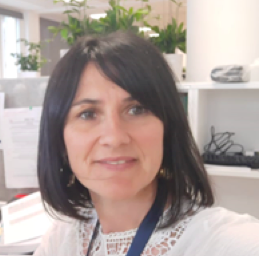 The top priorities to achieve the UN SDG#5 and empower women in the maritime community would include first attaining a better and full understanding of what are the psychological and physical barriers that restrain women from pursuing a career in the maritime industry. The second priority would be the development of long-term business models that facilitate women’s work-personal life balance. The third priority would aim at enhancing the work environments by developing a culture of care in which workers’ wellbeing would become top priority for maritime organizations, so women would not just benefit but also contribute and lead that culture’s development
The top priorities to achieve the UN SDG#5 and empower women in the maritime community would include first attaining a better and full understanding of what are the psychological and physical barriers that restrain women from pursuing a career in the maritime industry. The second priority would be the development of long-term business models that facilitate women’s work-personal life balance. The third priority would aim at enhancing the work environments by developing a culture of care in which workers’ wellbeing would become top priority for maritime organizations, so women would not just benefit but also contribute and lead that culture’s development
Jillian Carson-Jackson, M.Ed, FNI, FRIN, President, The Nautical Institute
Safety, awareness, respect.
 #1 Safety– Physical safety, yes, with proper fitting PPE and safe work procedures, but also psychological safety. Providing a safe and healthy work environment that recognises and embraces diversity, supports different viewpoints.
#1 Safety– Physical safety, yes, with proper fitting PPE and safe work procedures, but also psychological safety. Providing a safe and healthy work environment that recognises and embraces diversity, supports different viewpoints.
#2 Awareness– Many women are simply not aware of the opportunities available in the maritime industry. We need to raise awareness – visible diversity – leaders, role models and mentors. Wouldn’t it be great if maritime included in all levels of school, and maritime careers promoted to help raise awareness and provide access?
#3 Respect– Respecting each other, respecting boundaries, differences of opinions and circumstances. includes training and education, leaders modelling respectful and inclusive behaviour, supporting the role of allies (allyship) and providing the opportunities to set, and respect, boundaries.
Johannah Christensen, CEO Global Maritime Forum
 We need to make a career in maritime more attractive – for a more diverse talent pool in general, and for women in particular. To do so, we need to better understand the needs of different cultures, age groups and genders, and find ways to design maritime jobs and positions, that will simply be more appealing to a wider pool of talent. Furthermore, we need to improve on overall human sustainability across the industry, because when the maritime industry is an industry we can all be proud of – where everyone is treated with dignity and respect – more women will naturally want to join in.
We need to make a career in maritime more attractive – for a more diverse talent pool in general, and for women in particular. To do so, we need to better understand the needs of different cultures, age groups and genders, and find ways to design maritime jobs and positions, that will simply be more appealing to a wider pool of talent. Furthermore, we need to improve on overall human sustainability across the industry, because when the maritime industry is an industry we can all be proud of – where everyone is treated with dignity and respect – more women will naturally want to join in.
Neisha Contant, Programme Officer, Women in Maritime, International Maritime Organization (IMO)
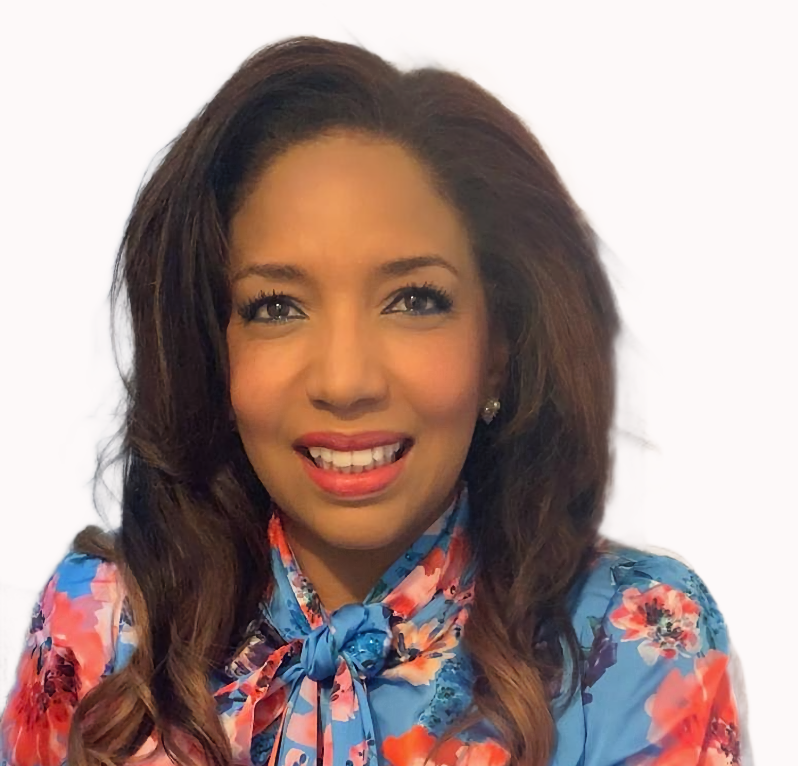 At IMO we have focused our Women in Maritime gender programme on three core objectives –training, visibility and recognition. We are proud to support eight regional Women in Maritime Associations across the global south, which are doing great work on those three fronts. Women in maritime need to be visible, they need access to training to support their careers and they need to be recognized.
At IMO we have focused our Women in Maritime gender programme on three core objectives –training, visibility and recognition. We are proud to support eight regional Women in Maritime Associations across the global south, which are doing great work on those three fronts. Women in maritime need to be visible, they need access to training to support their careers and they need to be recognized.
Theresa Crossley, Chief Executive Officer, International Maritime Rescue Federation (IMRF)
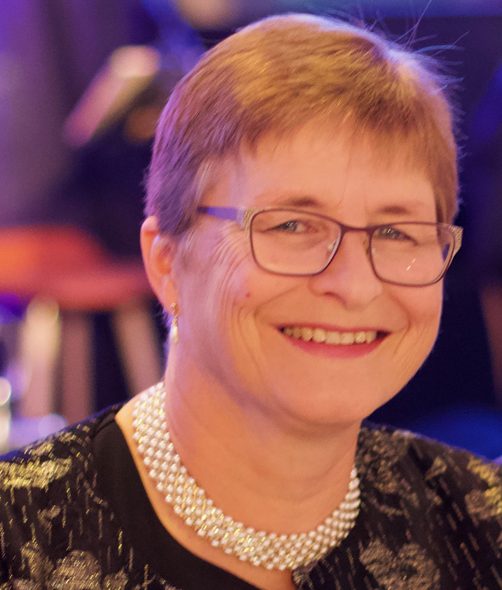 In 2019, IMRF launched its #WomenInSAR initiative to support women in the maritime Search and Rescue (SAR) sector. There is no hard data for this sector, but we know anecdotally that women are hugely under-represented in both volunteer and paid positions. At the end of last year, following an extensive survey, we published Guidance to help SAR organisations address this important issue. Our top three recommendations are:
In 2019, IMRF launched its #WomenInSAR initiative to support women in the maritime Search and Rescue (SAR) sector. There is no hard data for this sector, but we know anecdotally that women are hugely under-represented in both volunteer and paid positions. At the end of last year, following an extensive survey, we published Guidance to help SAR organisations address this important issue. Our top three recommendations are:
– Focus on the culture and values of your organisation. Adopt a top-down approach to embed a culture that is open and welcoming to women.
– Ensure recruitment campaigns use female role models, specifically target women and advertisements are placed where women will see them.
– Establish in-post support schemes for women, such as mentoring schemes.
Alison Cusack, Principal Lawer, Cusack & Co Pty Ltd.
 1.Abolish male-only panels: Despite the world going virtual for the past two years, we are still seeing continual “manels” or male only panels when speakers are participating via pre-recorded material or via Zoom. There has never been fewer barriers to encourage women to participate however conference organisers and men continue this practice. You cannot be what you cannot see.
1.Abolish male-only panels: Despite the world going virtual for the past two years, we are still seeing continual “manels” or male only panels when speakers are participating via pre-recorded material or via Zoom. There has never been fewer barriers to encourage women to participate however conference organisers and men continue this practice. You cannot be what you cannot see.
2.Mandate professional development of women during the work day (not before, lunch time or after): Women frequently are either specifically barred from participating in PD during work time (e.g. WISTA events) or culturally discouraged however statistically men can be released for golf days, tennis tournaments etc. Break the (cultural) bias and mandate participation to remove these barriers.
3. Encourage staff to join the IMO / WISTA women’s speakers bureau: Amplify the voice of those currently without platform.
Jeanine Drummond, Managing Director and Principal Maritime Advisor at Integral Maritime,
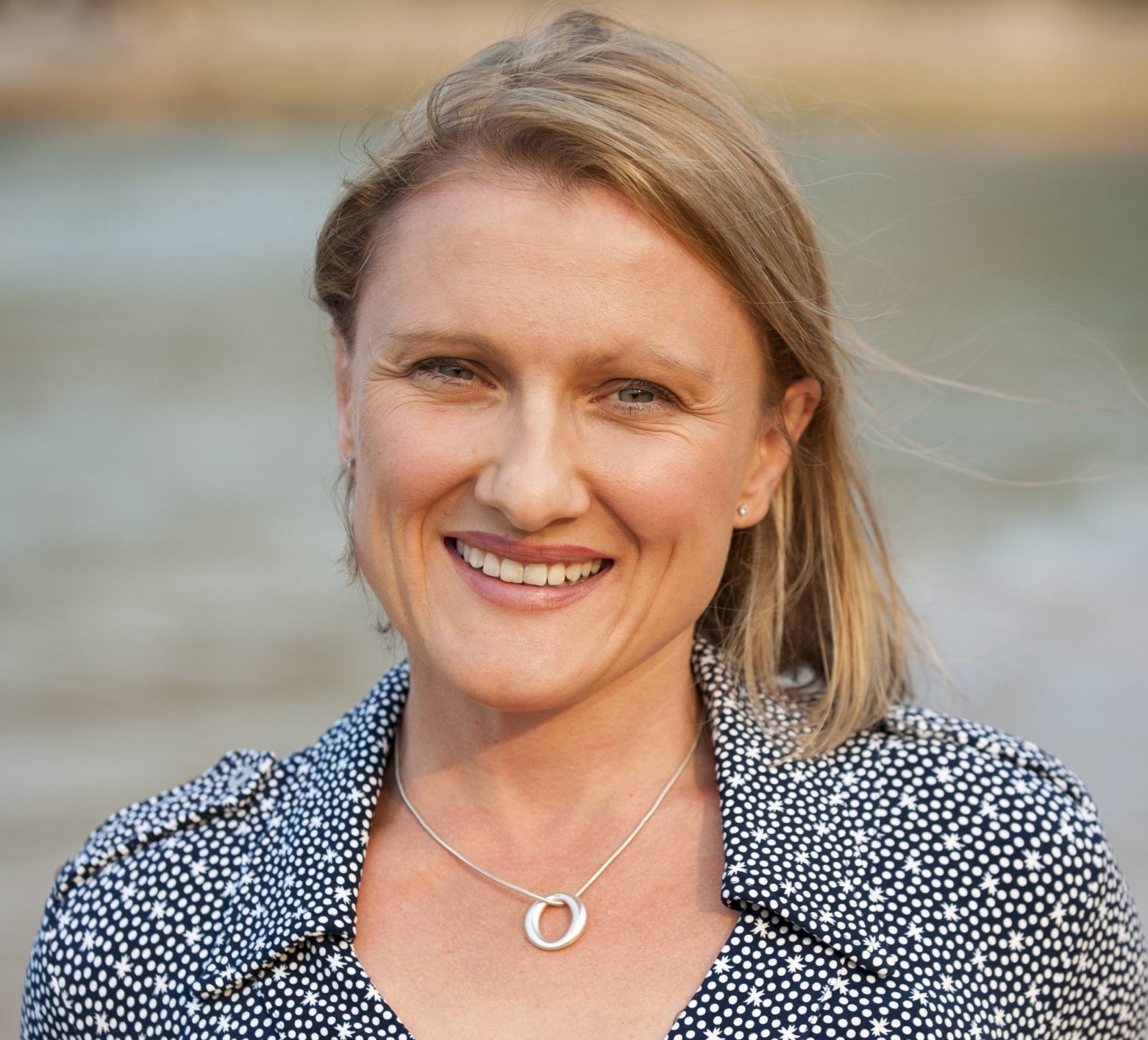 There has been so much achieved in the past few years for improving gender diversity in maritime, and empowering the women in this dynamic and ever evolving community. Yet as an industry, along with our regulators we must work together with priority and concerted effort to significantly grow the representation of women in all maritime sectors, especially in our operational workplaces onboard vessels and wharves. To achieve UN SDG#5 where we must be able to deliver an inclusive and psychologically safe workplace for all maritime people to thrive, we need:
There has been so much achieved in the past few years for improving gender diversity in maritime, and empowering the women in this dynamic and ever evolving community. Yet as an industry, along with our regulators we must work together with priority and concerted effort to significantly grow the representation of women in all maritime sectors, especially in our operational workplaces onboard vessels and wharves. To achieve UN SDG#5 where we must be able to deliver an inclusive and psychologically safe workplace for all maritime people to thrive, we need:
- Have an overwhelming number of men to be the voice of change for gender diversity;
- To increase targeted DEI education for all maritime sectors specific to roles and workplace environment;
- To design and implement alternate pathways to ensure women have equality in their access to maritime careers and progression
Lena Dyring, Director, Cruise Operations, Norwegian Seafarers’ Union
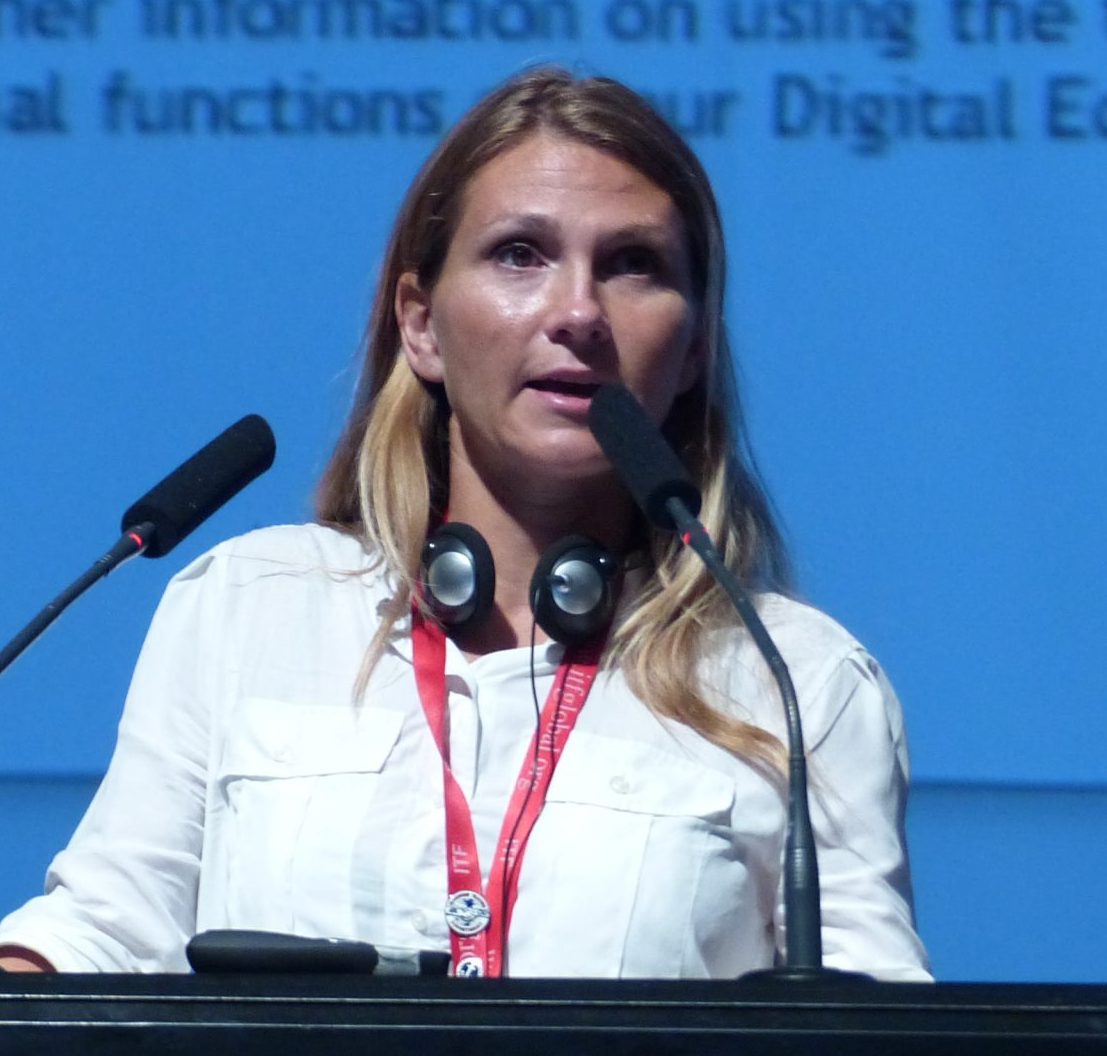 We need to attract girls and your women to the industry in the first place. Many are not even aware of the opportunities this industry offers. Working at sea or in the maritime industry is not “a man’s job”. Once these young women have chosen a career at sea or in the maritime industry, we need to make sure it’s an industry they would like to keep working in. There needs to be a clear career path for them and very clear that there are great job opportunities in the maritime cluster ashore as well once they do no longer wish to work at sea. Finally, well implemented and enforced zero tolerance policies for violence, bullying and harassment must be in place as well as equal promotion opportunities for men and women
We need to attract girls and your women to the industry in the first place. Many are not even aware of the opportunities this industry offers. Working at sea or in the maritime industry is not “a man’s job”. Once these young women have chosen a career at sea or in the maritime industry, we need to make sure it’s an industry they would like to keep working in. There needs to be a clear career path for them and very clear that there are great job opportunities in the maritime cluster ashore as well once they do no longer wish to work at sea. Finally, well implemented and enforced zero tolerance policies for violence, bullying and harassment must be in place as well as equal promotion opportunities for men and women
Sanjam Gupta, Founder, Maritime SheEO
 Today we are celebrating women’s day and talking about equality and empowerment. But why are we still having the conversation in 2022. This is a question we should ask ourselves. UN SDG #5 ‘Gender Equality’ is one of the 12 goals stated by UN in its drive to achieve sustainable development goals. The top priority to achieve this goal should be create awareness, not only among people who are already in this profession but outside too. Skill development is one of the key requirements to take this drive forward from the basic level. Most important thing that should be focused upon is equal participation and opportunities to all.
Today we are celebrating women’s day and talking about equality and empowerment. But why are we still having the conversation in 2022. This is a question we should ask ourselves. UN SDG #5 ‘Gender Equality’ is one of the 12 goals stated by UN in its drive to achieve sustainable development goals. The top priority to achieve this goal should be create awareness, not only among people who are already in this profession but outside too. Skill development is one of the key requirements to take this drive forward from the basic level. Most important thing that should be focused upon is equal participation and opportunities to all.
Three things that can help improve the participation of women and empower women
1)Firstly Capacity building programs with a special focus on leadership training to have more women leaders . This helps two ways -we have more decision makers who are women thereby giving the necessary role models which are required to motivate other women to take up maritime as a career. This ensures we have a pipeline of talented women to join the workforce and companies dont have a reason to say there aren’t any women to hire.
2) Gender Index reports; companies should be encouraged to declare their gender ratios and gender friendly policies. The “heros” to be highlighted and best practices shared for others to follow.
3)Gender sensitisation programs to be made mandatory in all pre sea and post-sea courses. For the shore based personnel companies must implement similar programs
Capt. Alexandra Hagerty, United States Naval Ships
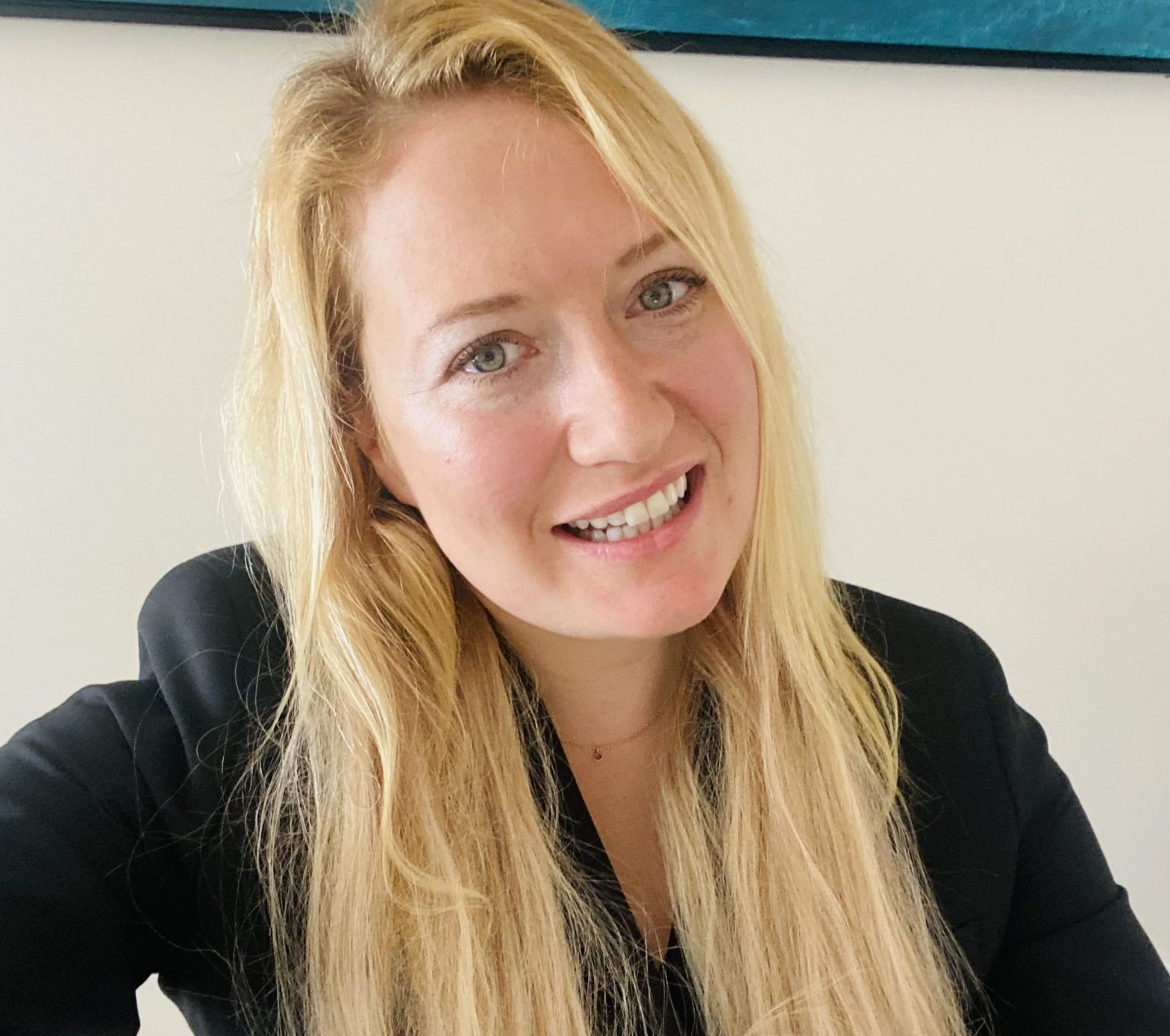 In 2021, I co-wrote a paper on “The recruitment, retention and advancement of women on ships and ashore” that was presented at the biannual IFSMA conference. Opportunities for growth and promotion of qualified individuals into senior management positions are key for women’s advancement. Women must pair grit and integrity with ambition to succeed in these positions. I recommend that women in senior positions publish in maritime journals, sit on international panels and boards to elevate their voice in larger decisions that affect maritime affairs. As Captain of the hospital ship Africa Mercy with Mercy Ships, I listen to crew concerns and suggestions, while working diligently with corporate management. We work together to continually strengthen communication, establish a rapport amongst our international offices, ameliorate our vessel management and long term fleet optimization goals. Download paper: https://lnkd.in/gwcrS7Pz
In 2021, I co-wrote a paper on “The recruitment, retention and advancement of women on ships and ashore” that was presented at the biannual IFSMA conference. Opportunities for growth and promotion of qualified individuals into senior management positions are key for women’s advancement. Women must pair grit and integrity with ambition to succeed in these positions. I recommend that women in senior positions publish in maritime journals, sit on international panels and boards to elevate their voice in larger decisions that affect maritime affairs. As Captain of the hospital ship Africa Mercy with Mercy Ships, I listen to crew concerns and suggestions, while working diligently with corporate management. We work together to continually strengthen communication, establish a rapport amongst our international offices, ameliorate our vessel management and long term fleet optimization goals. Download paper: https://lnkd.in/gwcrS7Pz
Johanna Kull, Loss Prevention Executive, Alandia
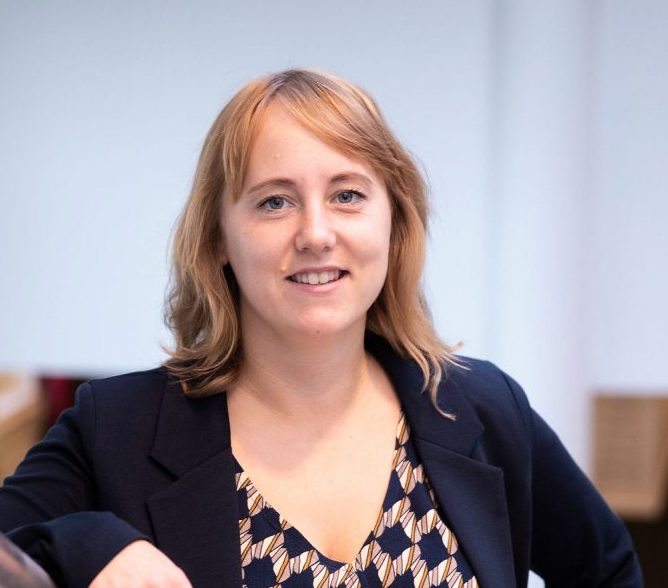 1. Share role models: Social media is today the main influencer of behaviours and attitudes (at least for generations Y, Z, and millennials). We need to value female role models for speaking up about the reality of their struggles, yet also be inspired by what makes working at sea so fantastic.
1. Share role models: Social media is today the main influencer of behaviours and attitudes (at least for generations Y, Z, and millennials). We need to value female role models for speaking up about the reality of their struggles, yet also be inspired by what makes working at sea so fantastic.
2. Focus on building trust: If we want to make changes in the maritime industry, we need to implement feedback routines, and to get honest answers we must first build trust through psychological safety.
3. Change the typical leader: Research shows that there is more to leadership than being dominant and charismatic. Great leaders are, for example, good at coordinating and maintaining relationships.
Dr Elizabeth Mavropoulou, Head of Research, Human Rights at Sea (HRAS)
 The first priority is to shift the gender imbalance that currently permeates the international maritime community. We need to debunk the stereotype that the maritime industry is predominantly for men. This can only be achieved through education of men to recognise the often implicit bias and sexism towards sea-based roles.
The first priority is to shift the gender imbalance that currently permeates the international maritime community. We need to debunk the stereotype that the maritime industry is predominantly for men. This can only be achieved through education of men to recognise the often implicit bias and sexism towards sea-based roles.
The second priority is to make the maritime community an appealing environment that gives equal opportunities in both shore and sea-based roles. This means ensuring that considerations which are unique to women such as sanitary wear and disposal, safe working environment during pregnancy, and maternity leave are addressed.
The third priority is to ensure that women who face any kind of gender related discrimination at work or abuse are given redress without having to fear for their career advancement because they sought action.
Maria Mavroudi, Founding Partner, Searock Marine Insurance Brokers
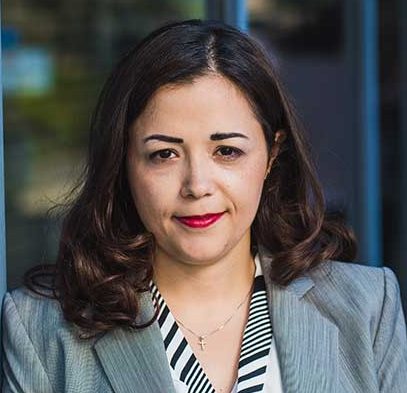 Gender equality is not only a fundamental human right, but a necessary foundation for a peaceful, prosperous and sustainable world. Women are indeed an underutilized source of talent and it is important to take actions to actively empower women in the maritime industry, such as:
Gender equality is not only a fundamental human right, but a necessary foundation for a peaceful, prosperous and sustainable world. Women are indeed an underutilized source of talent and it is important to take actions to actively empower women in the maritime industry, such as:
1. Ensure equal participation in decision making at all levels.
2. Identify and fix pay inequalities.
3. Establish robust mentoring programs to pair junior employees with more senior managers in order to navigate gender-specific obstacles to career advancement.
It is more crucial than ever to work together in building a more just and resilient world
Pia Meling, Vice President, Sales & Marketing, Massterly AS – A Kongsberg Wilhelmsen joint venture
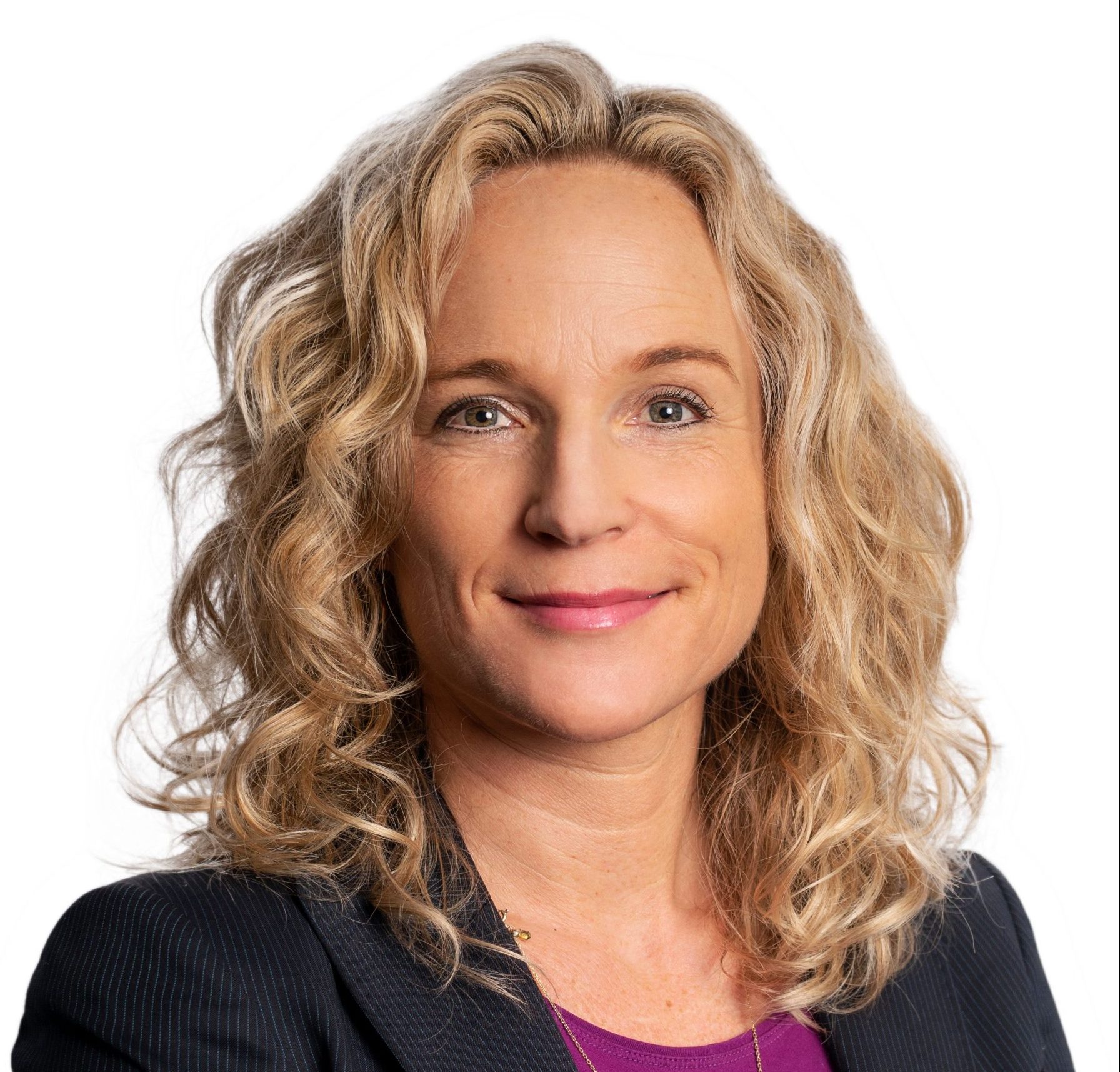 To empower women in the maritime community the top 3 priorities are in my opinion:
To empower women in the maritime community the top 3 priorities are in my opinion:
- Top Management’s consistent and real focus on diversity and equal opportunities for men and women
- Visible, female professionals in management, operational and technical roles – who are also willing to mentor others
- A partner at home who takes their share of the responsibility of raising a family
Kathryn Neilson, Director, Merchant Navy Training Board, UK Chamber of Shipping
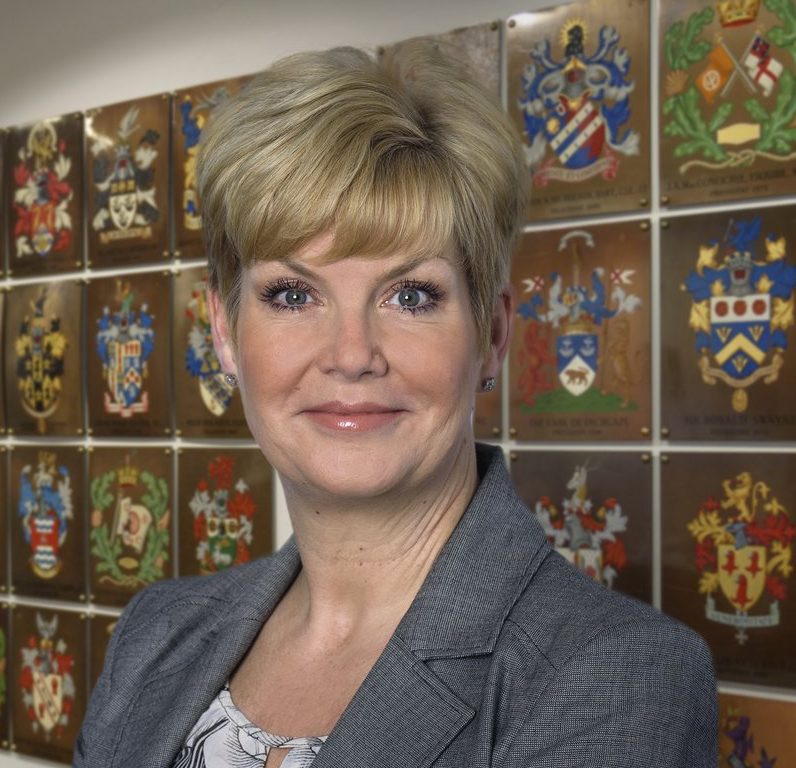 1.Breaking Gender Stereotypes
1.Breaking Gender Stereotypes
Breaking gender stereotypes in the maritime industry is key if we are to encourage young women to consider maritime as a viable career choice. The industry is traditionally male dominated and if we are to break that trend, we must promote those women already succeeding in their maritime roles. Their career success stories have a huge motivational impact on young people looking for career direction and despite the global maritime workforce still at only less than 2% female, we are seeing a change, albeit slow! I work with young seafarers in training and the younger generation coming up through the ranks are not the slightest bit interested in the gender of their Captain, or Chief Engineer, they are more interested and influenced by a strong leader with effective communication skills. Just as we witnessed changes in the aviation industry, we will continue to watch the number of females in maritime increase. Support and strong mentorship from male colleagues are key if we are to encourage gender diversity and ensure those women who want to make a difference in maritime can make a difference.
2.Tackling the issues head on
All too often I hear stories of young women just starting their career in maritime having to leave the industry due to some form of gender bias or inappropriate behaviour. Calling out this unacceptable treatment of women is key if we are to ensure women can play their part in our industry. Turning a blind eye is no longer an option. Callout the individuals who use gender inappropriate language, call out the individuals who think it is ok to sexually harass a female, call out the individuals who overlook women for promotion because of their gender. We have all been guilty at some point in our lives of ignoring a nasty or inappropriate comment either as a witness or a victim. This is an easy fix and one that we can all implement with immediate effect!
3. Recruitment of Women into Maritime
During the pandemic, there was a greater awareness of how our goods and supplies came into the UK, and with the knowledge that over 95% of supplies coming into the UK by sea, our seafarers were given the well earned title of “Essential Workers”, giving them a status that helped to raise the profile of the industry. But we still don’t do a very good job “selling” maritime. Preconceived ideas (stereotyping) of the roles women are employed to do on board don’t stimulate the interest of our young aspiring seafarers. That is where our industry Ambassadors do a huge amount of great work to dispel the rumours of life on board. Those with industry experience and passion regularly share their stories and engage the younger generation at Maritime College open days and school careers events. The more people we get talking about maritime, the more women we will bring into the industry.
We have a long battle ahead, changing a culture won’t happen overnight.
Tara Norton, Chief Sustainability Officer, Navico
 Companies in our industry can focus on bringing in more female talent and ensuring we offer fair pay and a rewarding job experience.
Companies in our industry can focus on bringing in more female talent and ensuring we offer fair pay and a rewarding job experience.
1.Hire more women. Companies can look at their hiring practices to make sure they work to attract women, as this is often the most basic reason that companies don’t hire more women.
2.Ensure your pay and benefits are fair for all. On average, women are still paid less than their male counterparts for the same job. In addition to this being unfair, it shows that companies are not looking hard enough at how they are paying and rewarding their employees. Be sure to regularly analyze current pay and benefits across all employees.
3.Increase visibility of women leaders. Showing the women leaders in our industry normalizes women’s participation and can attract more women to work in our industry.
Dr Claire Pekcan, Director, Safe Marine
 In the shipping sector, I see companies advertise bold and honourable statements about preventing discrimination in their businesses, yet continue to employ less than the global average of 2% of women amongst their seagoing workforce. I think the priorities for the maritime industry to achieve UNSDG#5 are:
In the shipping sector, I see companies advertise bold and honourable statements about preventing discrimination in their businesses, yet continue to employ less than the global average of 2% of women amongst their seagoing workforce. I think the priorities for the maritime industry to achieve UNSDG#5 are:
1.Cadet training – sea time is an important aspect of induction into the seafaring profession and this needs to be better managed. Young women cadets need to know that they will be safe and valued when they are placed on-board and that requires the training managers to make sure that they only place female cadets on ships where the senior management team promote inclusion and respect for women at sea.
2. Attitude and behaviour change – many contributors to this debate identify attitude change as a prerequisite to the empowerment of women at sea. Attitudes towards women are easy to change – if you first change behaviour. The challenge is to change behaviour. I have a mantra that captures my approach – “consequences drive behaviour”. If there are no negative consequences for businesses who continue to employ only handfuls of women; if there are no negative consequences for employees who bully, harass and discriminate against women; if there are no negative consequences for training establishments who fail to promote respect and inclusivity, then there will be no behaviour change and there will be no attitude change. To change behaviour, we need businesses to start adopting policies, practices and offering training that promote diversity, inclusion, and respect.
3. Improve mental health support – people who are struggling at work with mental health problems are unlikely to have the resources to be empathetic and supportive to women at sea. We know that as many as 25% of the male seafaring workforce could be suffering significant distress. Improving the mental health support to those on-board, male, and female, is likely to reap rewards far beyond productivity gains and create a much more harmonious working environment at sea where all will thrive, not just women.
Elizabeth Petit González, Head of Communications, Sustainable Shipping Initiative︱Ship Recycling Transparency Initiative
 Gender equality is a sustainability issue. Bringing more women to the table gives the industry a broad pool of qualified candidates and a diverse range of ideas and initiatives to improve the maritime sector. Increasing gender equality at all levels, from the ship to the corporate office, has been shown time and time again to bring countless benefits across industries. It’s hard to prioritise within such a broad issue, but a critical first step is to ensure a safe, healthy and secure work environment that is inclusive of and accommodating to seafaring women. Additionally, providing mentorship and opportunities for learning and development helps women across the shipping sector chart a path to a successful career.
Gender equality is a sustainability issue. Bringing more women to the table gives the industry a broad pool of qualified candidates and a diverse range of ideas and initiatives to improve the maritime sector. Increasing gender equality at all levels, from the ship to the corporate office, has been shown time and time again to bring countless benefits across industries. It’s hard to prioritise within such a broad issue, but a critical first step is to ensure a safe, healthy and secure work environment that is inclusive of and accommodating to seafaring women. Additionally, providing mentorship and opportunities for learning and development helps women across the shipping sector chart a path to a successful career.
Eleni Polychronopoulou, President, HEMEXPO
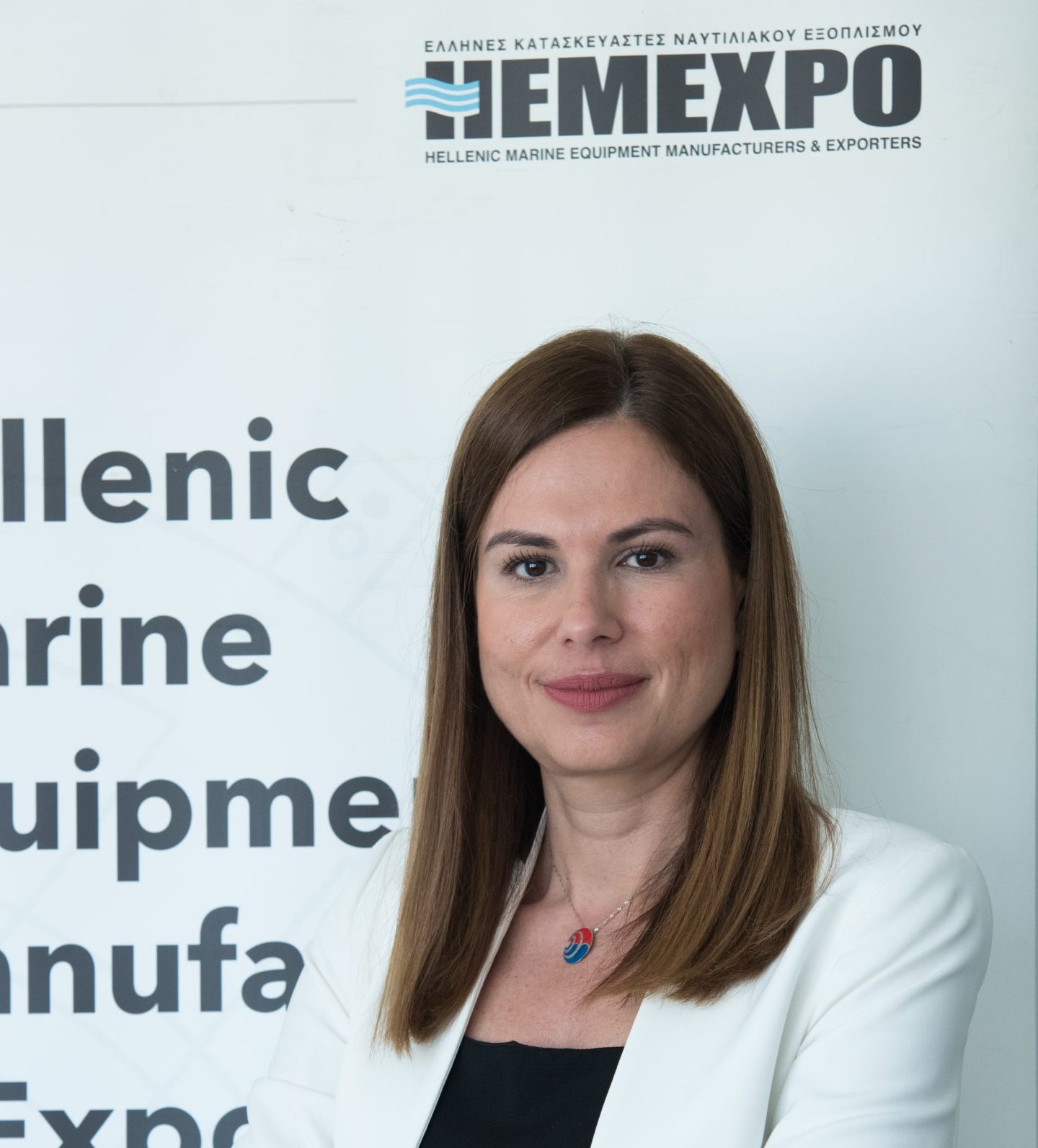 In the last few years, in Greece, huge steps have been taken regarding the presence of women in the maritime arena. We see women managing big companies, be in the role of captain or engineer but also having high responsibility positions in significant companies in the maritime industry. In a nutshell, I believe that any segregation in terms of gender gradually should disappear and what maritime industry should look for is only the skills and the professionalism. However, there are other areas on our planet where the position of woman in and out of shipping is extremely worrying. Not specifically in relation to men, but regarding her position in society. I believe that addressing these problems should be our top priority in the future.
In the last few years, in Greece, huge steps have been taken regarding the presence of women in the maritime arena. We see women managing big companies, be in the role of captain or engineer but also having high responsibility positions in significant companies in the maritime industry. In a nutshell, I believe that any segregation in terms of gender gradually should disappear and what maritime industry should look for is only the skills and the professionalism. However, there are other areas on our planet where the position of woman in and out of shipping is extremely worrying. Not specifically in relation to men, but regarding her position in society. I believe that addressing these problems should be our top priority in the future.
Krishna Ruparelia, Head of Operations at the Society for Gas as a Marine Fuel (SGMF)
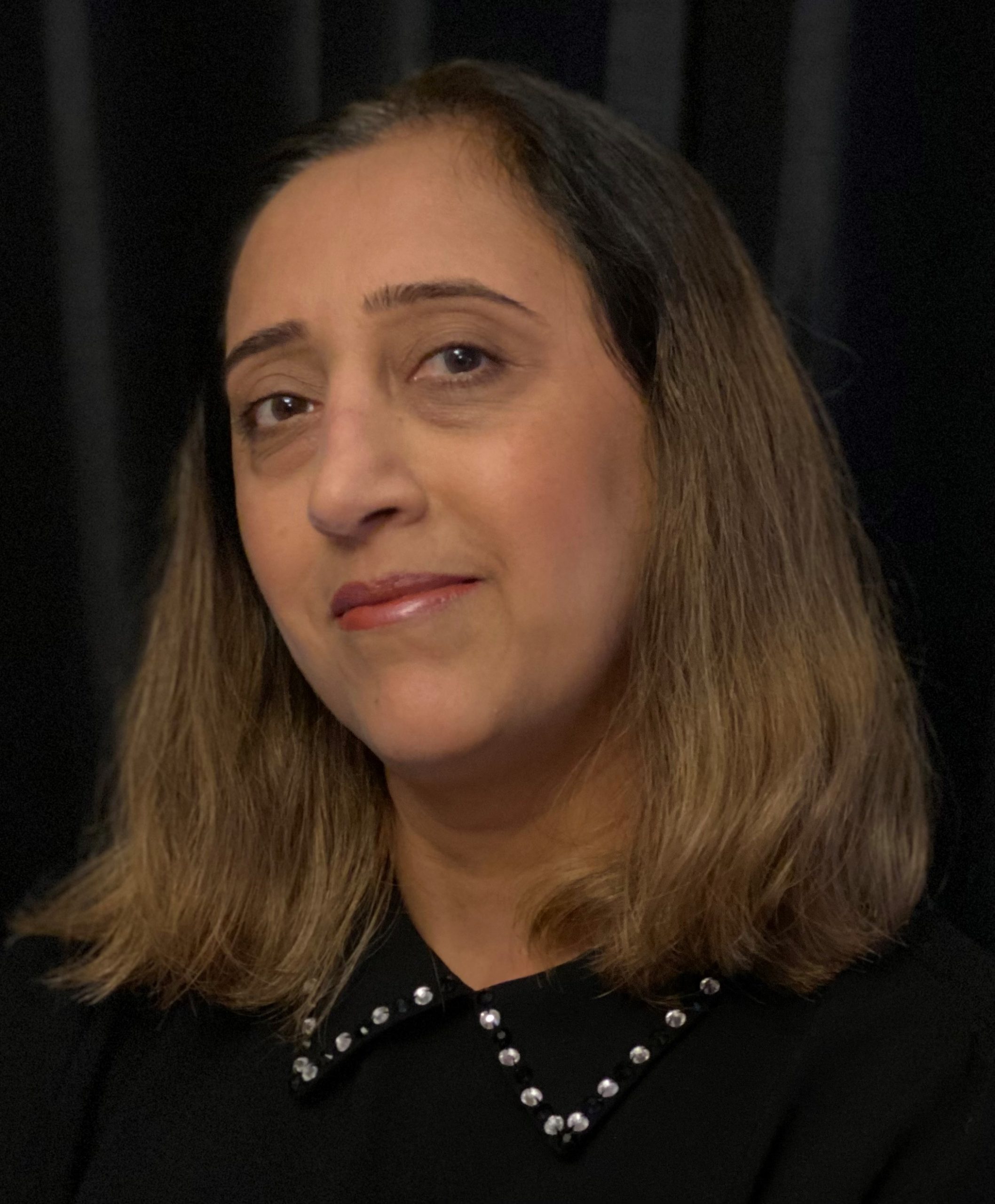 Employers can help to empower women in our sector by ensuring that the female workforce, both on shore and at sea, can take part in decision making across all areas of the business. Key to this is investing in, and actively supporting, women with training and professional development plans. Next, women should be given the opportunities for promotion to leadership roles so that there is equal representation of women in senior management. At the same time a company culture should be created that encourages flexible working arrangements without detriment to women’s careers. This will enable them to balance their family commitments with their work responsibilities and is especially important for women’s economic empowerment.
Employers can help to empower women in our sector by ensuring that the female workforce, both on shore and at sea, can take part in decision making across all areas of the business. Key to this is investing in, and actively supporting, women with training and professional development plans. Next, women should be given the opportunities for promotion to leadership roles so that there is equal representation of women in senior management. At the same time a company culture should be created that encourages flexible working arrangements without detriment to women’s careers. This will enable them to balance their family commitments with their work responsibilities and is especially important for women’s economic empowerment.
Isabelle Ryckbost, Secretary General, ESPO
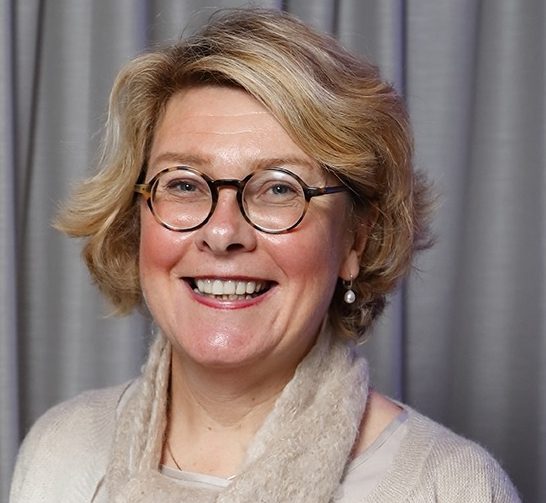 The education, vacancies and profiles for jobs in the maritime sector must be developed and promoted in a way which clearly shows that a career in the maritime sector is equally attractive and possible for men and for women. A campaign should be set up to show the wide variety of possible careers in the maritime community, showing again the huge potential there is for both women and men. It should be made clear that a career at sea can be followed by an interesting career at shore, working in a port or in a maritime related business, where the experience at sea is a big plus value. Also men often choose to have a career at sea for some time only and then find a job at shore, closer to home. This must not be seen as a weakness, but rather as a strength.
The education, vacancies and profiles for jobs in the maritime sector must be developed and promoted in a way which clearly shows that a career in the maritime sector is equally attractive and possible for men and for women. A campaign should be set up to show the wide variety of possible careers in the maritime community, showing again the huge potential there is for both women and men. It should be made clear that a career at sea can be followed by an interesting career at shore, working in a port or in a maritime related business, where the experience at sea is a big plus value. Also men often choose to have a career at sea for some time only and then find a job at shore, closer to home. This must not be seen as a weakness, but rather as a strength.
Natalie Shaw, MBE Chartered FCIPD, FRSA, Director Employment Affairs, ICS
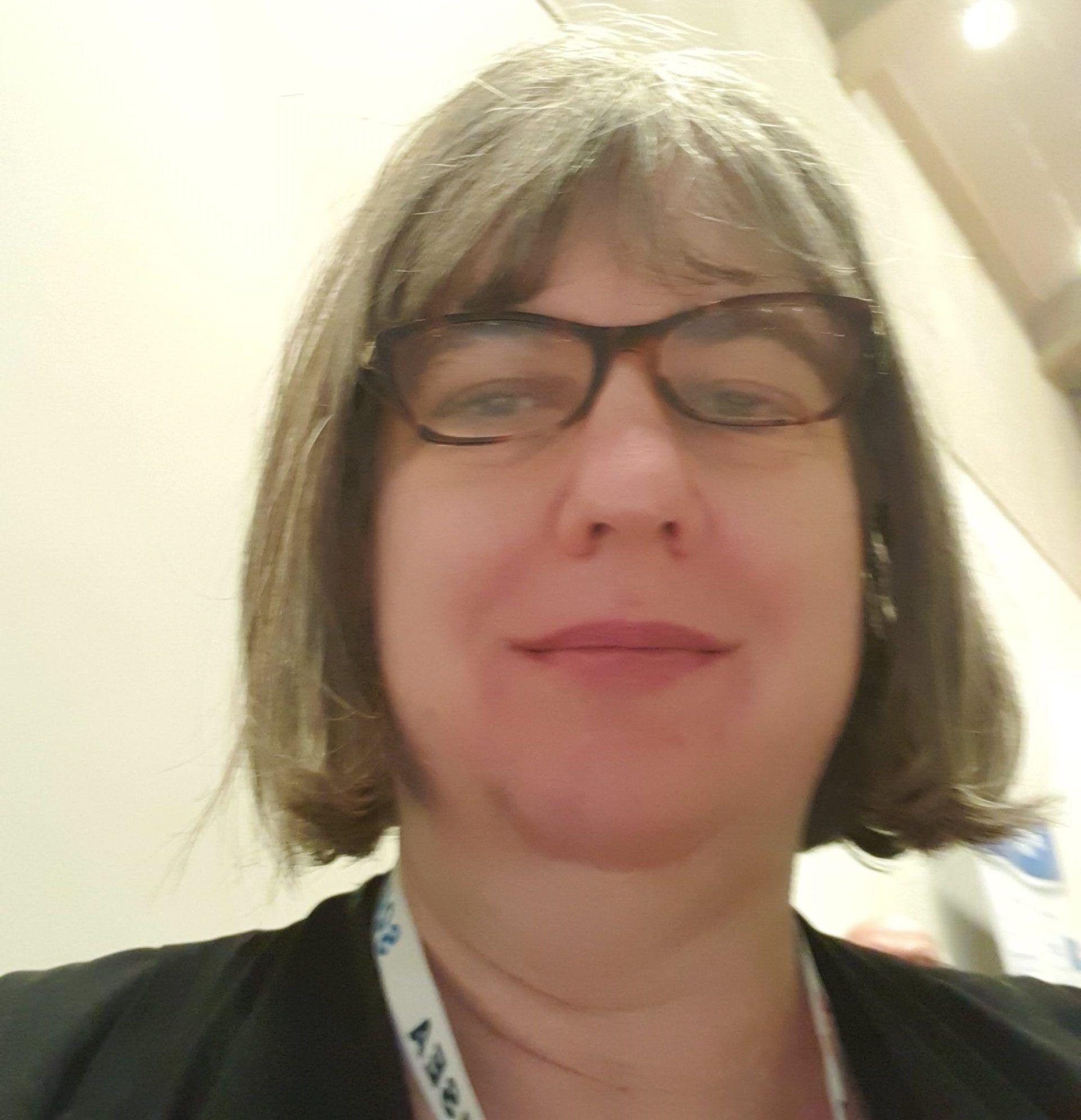 Greater Diversity including empowering more women in the shipping industry will enable shipping companies to:
Greater Diversity including empowering more women in the shipping industry will enable shipping companies to:
- Access a wider talent pool, not just the talent belonging to a particular world view or ethnicity or some other restricting definition;
- Gain insight into the needs and motivations of our customers;
- Reflect societies and demographics more accurately;
- Have a broader range of talents and experiences; and
- Become more creative and profitable quicker
Explore more by navigating through ICS Diversity Charter here
Despina Panayiotou Theodosiou, joint Chief Executive Officer, TOTOTHEO MARITIME
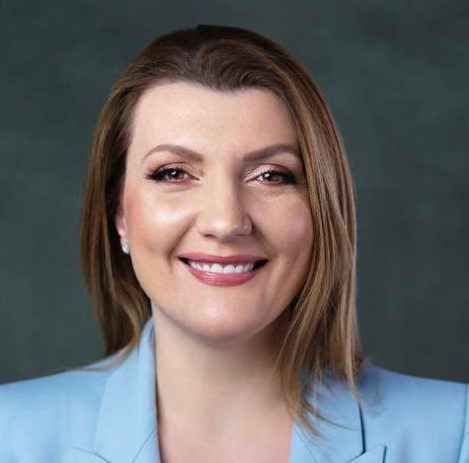 Our drive to achieve the targets written into the UN SDG’s have not diminished but grown during the pandemic. We have strengthened our commitment to addressing social barriers to empowerment and equality. We have renewed our belief in the ability of women to make a positive change for themselves by continuing to make a positive change in our cultures and industries. And we have built up a state of-play report that will help us spread our message of industry strength and competition through equality and unity. With these priorities we can build 2022 into a year where WISTA and the push for equality can demonstrate positive industry change at a time when we need it. We no longer talk about the need for action but also how we are acting.
Our drive to achieve the targets written into the UN SDG’s have not diminished but grown during the pandemic. We have strengthened our commitment to addressing social barriers to empowerment and equality. We have renewed our belief in the ability of women to make a positive change for themselves by continuing to make a positive change in our cultures and industries. And we have built up a state of-play report that will help us spread our message of industry strength and competition through equality and unity. With these priorities we can build 2022 into a year where WISTA and the push for equality can demonstrate positive industry change at a time when we need it. We no longer talk about the need for action but also how we are acting.

































































